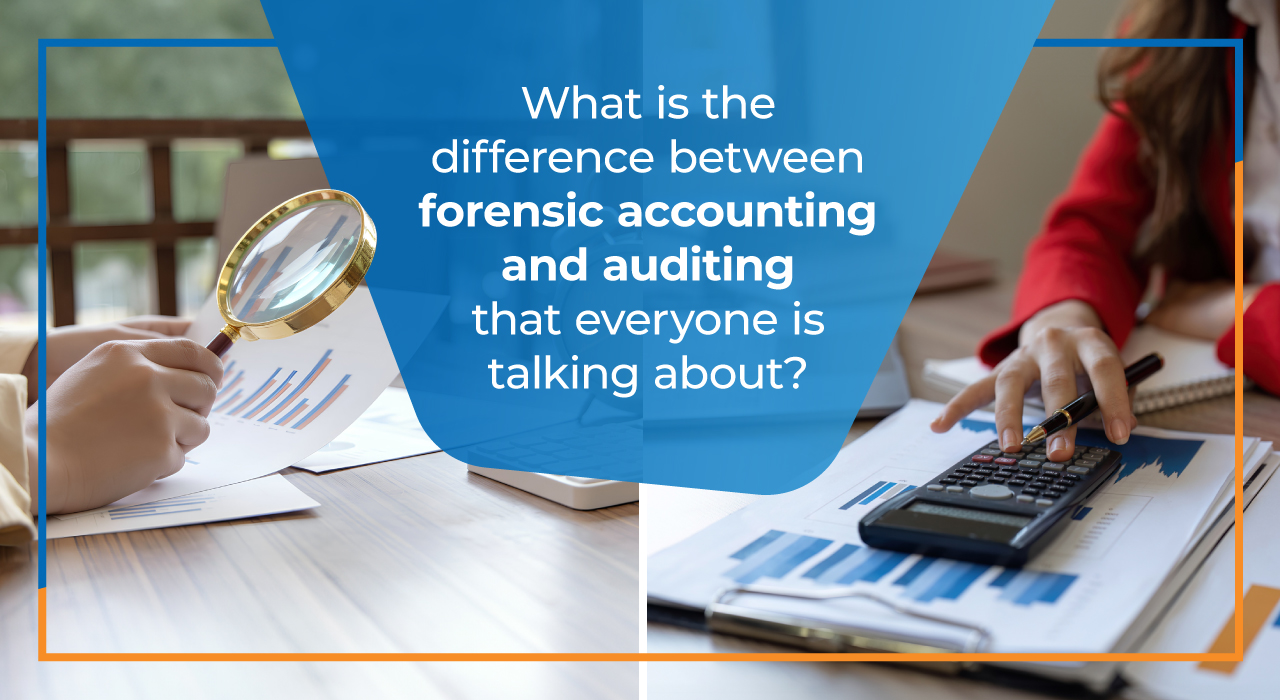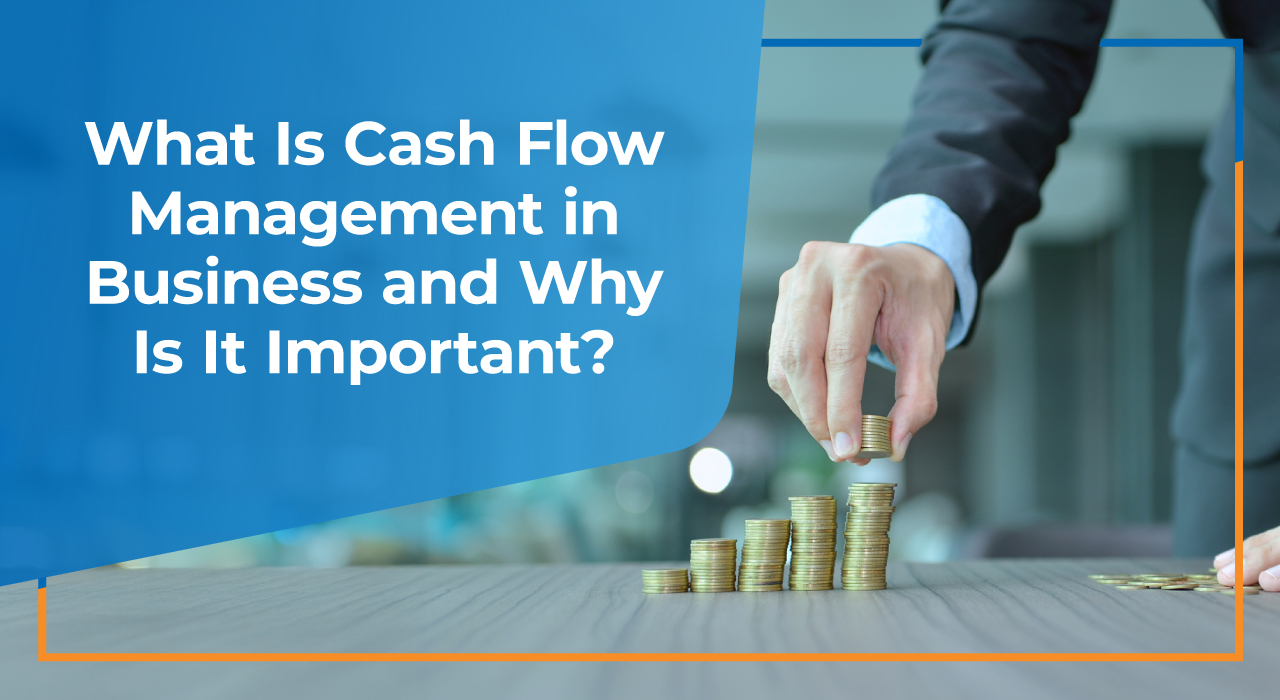As a businessman in the UAE, whether you own a trading company in Dubai or run a family business in Abu Dhabi, you’ve probably heard about audits. But have you heard about forensic accounting?
Many of our clients at NNCA ask us this question:
“What is the difference between forensic accounting and auditing?”
And it’s a good question, because both involve checking financial records, but they serve very different purposes.
Let’s break this down in a way that’s easy to understand.
What Is Forensic Accounting?
Forensic accounting is like hiring a financial detective. It is primarily an investigation.
You don’t use it for your regular accounting. You bring in forensic accounting when something feels wrong, like money is missing, or someone inside the company might be stealing, hiding, or misusing funds.
The goal of forensic accounting is simple:
To find the truth, collect evidence, and help you make decisions, sometimes even present the findings in court.

What Is Auditing?
Auditing is something almost every UAE business already does.
A regular audit checks if your books are in order, if everything adds up, and if you’ve followed UAE rules like Corporate Tax, VAT, and other financial regulations. The conducted audit could be a:
- Statutory audit (required by law)
- Internal audit (done to improve internal checks)
- Compliance audit (needed for industries like real estate or insurance)
Auditors look at your financial statements and say, “Yes, these are correct” or “Here are a few problems.” But they don’t dig deep or look for fraud unless it’s obvious.
Do not miss our popular blog on Understanding UAE Corporate Tax Law: Penalties, Fines, and How to Stay Compliant.

How is a forensic audit different from statutory and internal audits?
To specifically understand the difference between forensic accounting and auditing, you need to know the key differences. These differences, such as the purpose, scope, and timing of each type of audit, will help:
Comparison Table:
Statutory Audit vs Internal Audit vs Forensic Audit
| Type of Audit | Purpose | Frequency | Key Characteristics |
|---|---|---|---|
| Statutory Audit (External Audit) | To ensure financial statements are accurate and comply with UAE laws and accounting standards. | Annual (Mandatory) | Required by law for most UAE companies (LLCs, PJSCs, Free Zones). Performed by independent auditors. Focused on financial transparency and compliance. |
| Internal Audit | To evaluate internal controls, governance, and risk management for operational improvement. | Ongoing or Periodic (e.g., Quarterly) | Initiated by the company. Voluntary for most businesses unless regulated. Covers broad operational and compliance areas. Preventative in nature. |
| Forensic Audit | To investigate suspicions of fraud, misconduct, or during legal disputes. | As Needed (Triggered by Red Flags) | Highly detailed. Involves tracing transactions and gathering evidence. Used in legal or court proceedings. Goes beyond standard audits. |
Want more clarity? Read our blog Audit requirements in UAE – how important is it?
Forensic Accounting vs Auditing: What’s the Real Difference?
| Feature | Auditing | Forensic Accounting |
|---|---|---|
| Purpose | Compliance & accuracy | Investigating fraud or irregularities |
| Use | Regular financial check | When there’s suspicion or a legal case |
| Depth | High-level overview | Deep investigation |
| Court Use | Rarely used | Often used in court |
| Trigger | Scheduled every year | Done only when something is wrong |
So the next time someone says “we’re getting audited,” know that it doesn’t mean someone is being accused.
But if someone says “we’re calling in forensic accountants”—then there’s likely a serious concern to investigate.
“Forensic accounting” vs. “Forensic auditing” — Aren’t they the same?
Let’s clear this up, too.
Almost. Both are similar, and most people use the two terms interchangeably. But if you want to understand the slight difference:
- Forensic accounting is the bigger umbrella. It includes everything—from investigating fraud, tracing money, analysing suspicious transactions, preparing legal reports, and sometimes even giving expert testimony in court.
- Forensic auditing is a type of forensic accounting that focuses specifically on digging into the company’s financial records—like checking ledgers, invoices, or bank statements—to catch fraud or misconduct.
So think of it this way:
Forensic accounting: is the whole crime investigation.
Forensic auditing: involves a detailed examination of financial evidence.
Both are about finding the truth when money goes missing or something doesn’t add up. But if you’re hiring someone to check where the money went and get you court-proof results, you’re looking for a forensic accountant, who’ll probably do forensic auditing as part of the job.
Read in detail: Benefits of Forensic Auditing for UAE Companies
When Should You Use Forensic Accounting in the UAE?
Let’s keep this simple. Use forensic accounting when:
Something doesn’t feel right with the money.
There’s cash leakage, but you can’t find out where.
You suspect someone’s cheating the company.
You need legal proof in a court or arbitration case.
Authorities ask you to clarify financial inconsistencies.
You’re entering a significant partnership or exit deal and want to verify the truth.
At NNCA, we’ve helped businesses in all these cases. Sometimes, even when there’s no wrongdoing, a forensic audit gives peace of mind—and in business, that’s worth a lot.
Difference Between Forensic Accounting and Auditing: How NNCA Can Help
We check numbers. We understand businesses. We listen. We investigate.
And we help you get the truth clearly and legally.
We’ve handled:
Disputes between partners in long-running family firms.
Internal fraud cases are on the rise in growing tech companies.
Money laundering red flags in financial institutions.
VAT fraud assessments by the Federal Tax Authority.
Our forensic accounting team offers you a tool to protect your business, defend yourself, or make confident decisions.
FAQs – The difference between Forensic Accounting and Auditing
No—they are different. The primary distinction between forensic accounting and auditing lies in their purposes: auditing is conducted for regular checks. Forensic accounting is for investigating specific problems.
Yes. Many companies use forensic audit reports in court as legal evidence.
Absolutely. It’s one of the most common uses. If your partner or investor is hiding information, this is the way to uncover it.
Depending on the case, it could take a few weeks to a few months.
It depends on the scope. However, we always provide our clients with a clear idea of the cost before we begin. At NNCA, we make it worth every dirham.
Forensic auditors typically require a complete set of financial records, including:
- Bank statements, ledgers, and journals
- Invoices, contracts, and receipts
- Digital logs (emails, ERP system data)
- Internal policies and control documents
They also conduct interviews with staff and review metadata to trace irregularities.
Unlike routine audits, you cannot schedule forensic audits. You need one only when there’s suspicion—missing money, unexplained transactions, whistleblower tips, or compliance concerns under UAE AML laws. Preventive forensic checks can be done periodically if your business faces a high fraud risk.
Rates depend on complexity and duration. Common models:
- Hourly rates of AED 300–800
- Or flat fees based on case scope
Most mid-range forensic audits in Dubai/Abu Dhabi cost tens of thousands of dirhams, with larger cases going over AED 100,000.
Yes. Forensic accountants often testify in court to explain their findings, mainly when evidence is used in legal disputes. Courts in Dubai and Abu Dhabi accept these reports as credible, especially if the court recognises the accountant as a legal or court expert.
Forensic audits involve a deep examination of transaction patterns. They uncover signs such as round-tripping, layering, or payments to unknown entities, which are crucial for compliance under Federal Decree Law No. 20 of 2018 on AML. Auditors also review KYC documents and flag suspicious activities for regulatory reporting.
Summary Table:
Forensic Accounting vs Forensic Auditing
| FAQ | Forensic Accounting | Forensic Auditing |
|---|---|---|
| Documents required? | Bank records, invoices, contracts, emails, internal policies | Bank statements, ledgers, invoices, and transaction logs |
| When to audit? | When fraud is suspected, during disputes, or if evidence is needed for legal proceedings | When there are red flags in financial records or on the request of a court or regulator |
| Cost? | AED 300–800/hour; total may run tens to hundreds of thousands | Similar range; depends on depth and scope of financial review |
| Expert witnesses? | Yes—accountants often testify, and their reports are used in legal proceedings | Yes—auditors may testify to explain specific financial record findings |
| AML detection? | Yes—can trace money laundering patterns and compliance breaches | Yes—reviews KYC records and detects suspicious financial transactions |
Need Forensic Accounting Services in UAE?
If you think something is wrong, don’t wait.
At NNCA, we offer trusted forensic accounting services across the UAE—Dubai, Abu Dhabi, Sharjah, and more.
Our team is discreet, professional, and quick. And yes, our reports can hold up in UAE courts.




